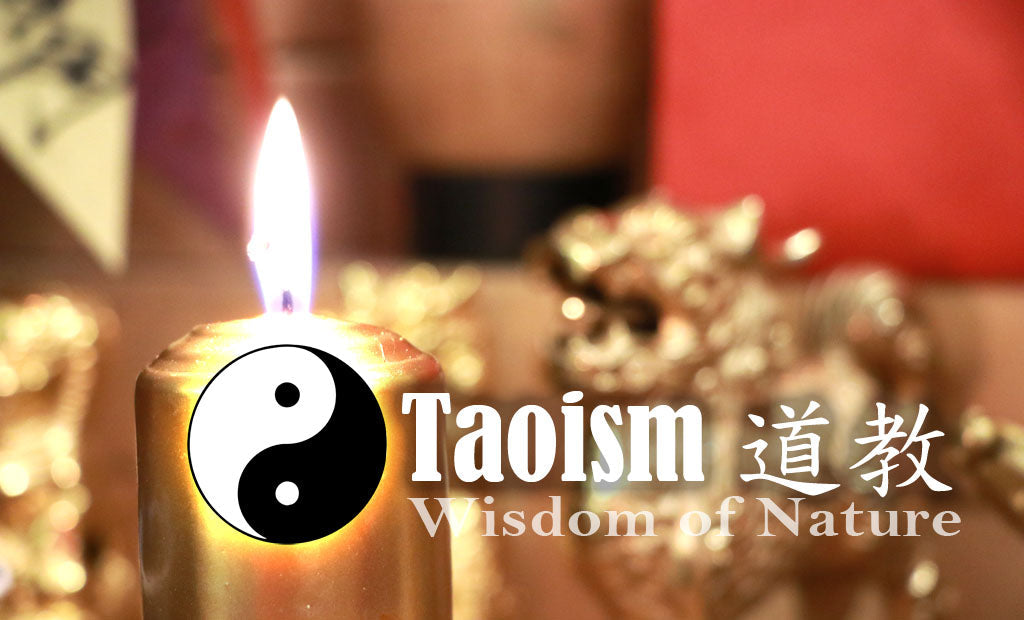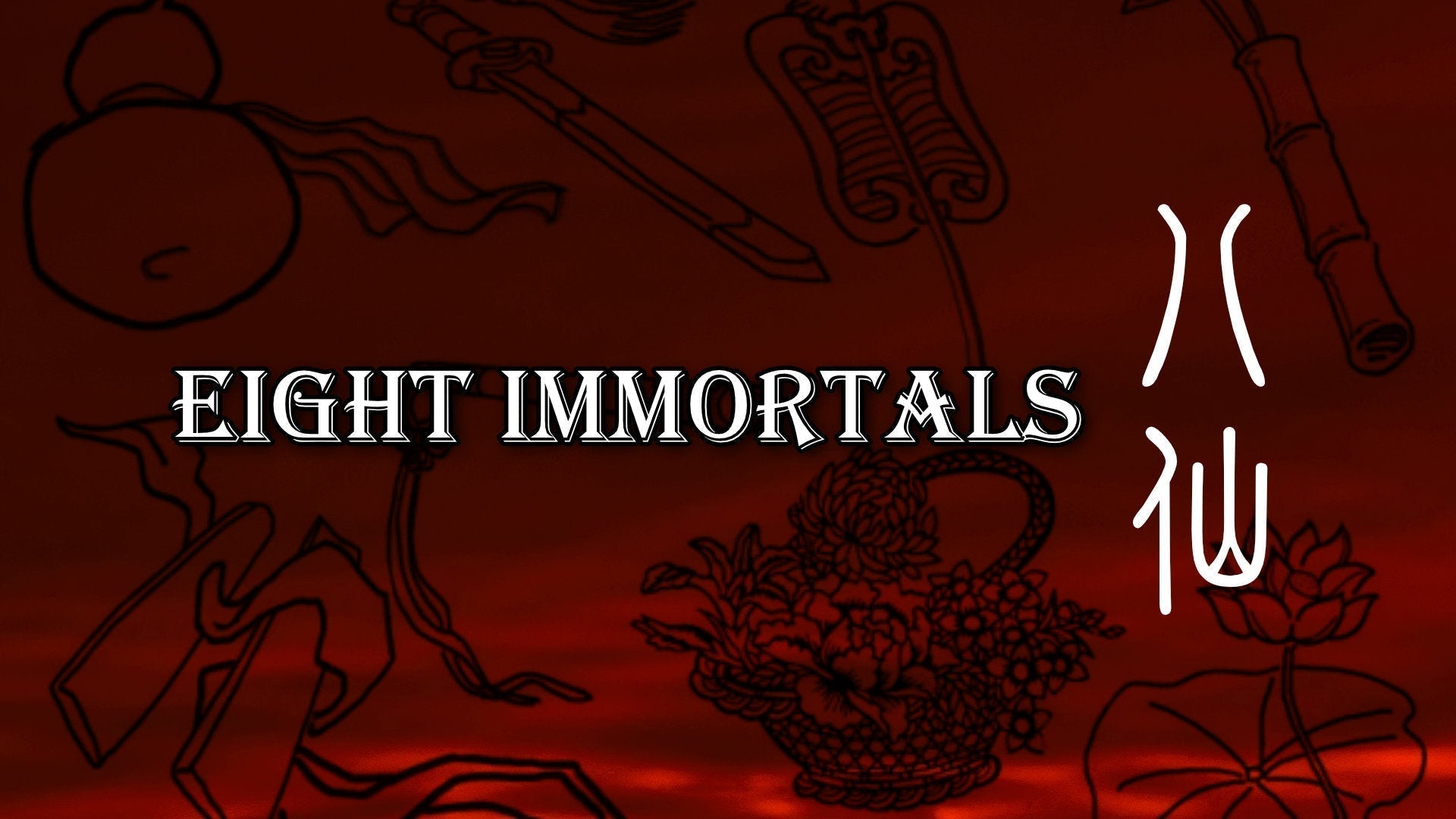
In this article, we delve into the classification of groups as either cults or religions, examining the Taoist perspective on the matter. While both religious groups and cults can exhibit extreme behaviors, it is essential to distinguish them based on certain criteria. By understanding the intentions of leaders, teachings, unity, questioning, and financial aspects, we can gain a deeper insight into this distinction.
The Essence
Differentiating Religions from Cults
In Taoism, we believe that the fundamental distinction between a religion and a cult lies in the intentions of those who lead them. Similar to how a gun requires a human operator, a religion can become corrupted when overseen by individuals who exploit their positions for personal gain. We've witnessed numerous scandals and cases of exploitation within well-known religions, which raises the question of how such actions can be justified as anything other than cult-like.
Taoist Perspective on Religions
The Role of a Good Religion
A good religion, from a Taoist standpoint, aims to educate and uplift individuals, enhancing their spiritual well-being and providing them with guidance for self-improvement. Similar to a school, one must follow and adhere to the teachings of a good religion, which can identify flaws and offer methods for personal growth.
Characteristics of an Evil Religion or Cult
Conversely, an evil religion or cult offers no real teachings and instead exploits individuals, draining them of their resources without providing anything in return. Cults often employ mind control tactics to maintain obedience among their followers.
Strength and Weakness
Perceptions of Control
While some associate control with evil, it is important to consider the influence of control in various aspects of life, such as parental guidance during childhood or strict schedules in professions like the military or emergency services. From a Taoist perspective, excessive or insufficient control is undesirable, and occasional commitment to tasks is necessary for personal growth and development.
The Importance of Discipline
Viewing obedience as a weakness, as opposed to strength, is a misconception. In a school setting, for example, adhering to prescribed study methods and following rules fosters cooperation and unity. Individuals who resist discipline and rebel against established norms are often disruptive elements within society, hindering progress.
The Role of Followers
Unity and Conformity
Aligning oneself with a leader or conforming to a group's teachings is not considered weak from a Taoist standpoint. Examples from Taoism in China and schools in other cultures show how unity and conformity can create a sense of professionalism and a conducive environment for learning. Willingness to follow and accept guidance allows individuals to focus on personal growth without constant resistance.
Questioning and Doubt
While cults restrict individuals from questioning or expressing doubt, it is crucial to understand that religions, even those considered good, may exhibit similar characteristics. Questioning is acceptable, but it is advisable to seek answers once a certain level of experience and knowledge has been gained. In Taoism, the timing of questions is emphasized to maintain a respectful learning environment.
Acceptance and Beliefs
Freedom of Choice
Rejecting a belief system and choosing to leave a group is perfectly acceptable, as everyone has the freedom to pursue their own beliefs and perspectives in life. It is important to respect different faiths and avoid labeling others negatively solely based on disagreement or differing beliefs.
Financial Aspects
Evaluating Financial Contributions
Examining financial aspects alone is not a definitive criterion for classifying a group as a cult. In a religion, believers contribute financially and receive teachings, guidance, and care in return. Cults, on the other hand, prioritize personal gain for their leaders. It is essential to consider the benefits received in exchange for monetary contributions.
Conclusion:
By understanding the criteria that differentiate religions from cults, we gain a broader perspective on this complex subject. The Taoist viewpoint emphasizes the intentions of leaders, the nature of teachings, unity, questioning, and financial aspects. Each individual has the freedom to explore different beliefs and choose a path that resonates with them. Let us cultivate respect and understanding as we navigate the diverse landscape of religious and spiritual practices.
If you're interested in delving deeper into Taoism and its teachings, we invite you to read our blog posts on FATE and GIVING BACK. For a comprehensive understanding of Taoism, we recommend exploring our book "My First Taoism Book" and discovering the concept of VIRTUE through the "Tao Te Ching."


